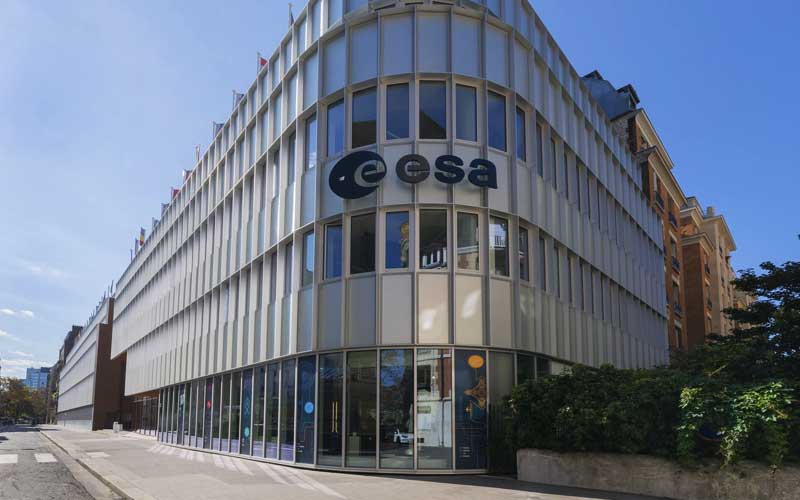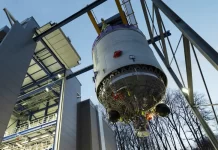
The European Space Agency Council has approved a preliminary budget of €7.7 billion for 2025, reflecting a slight decrease from the €7.79 billion allocated in 2024.
ESA Director General Josef Aschbacher announced the preliminary 2025 budget on 18 December during a media briefing following the agency’s 330th Council meeting. According to DG Aschbacher, the budget includes €4.8 billion in contributions from ESA member states, approximately €1.7 billion from the European Union, and €1.2 billion from “some other sources.” A more detailed breakdown of the 2025 ESA budget will be released during the DG’s annual press briefing, which is expected to occur on 9 January 2025.
While the preliminary budget represents a €200 million reduction from the previous year, the finalized budget is expected to be larger. Additional funding is expected to be committed through contributions from Member States that have not yet been authorised through parliamentary systems in individual countries. ESA Director of Internal Services Marco Ferrazzani highlighted the UK in particular, as the country’s government is currently conducting a budget review. Ferrazzani added that when this additional funding is confirmed, the annual budget for 2025 will “probably” be larger than that of 2024.
The 2024 ESA budget allocated the largest slice of funding to Earth Observation, which received 30.5% of the total. Navigation followed with 13.5%, while Space Transportation ranked third, accounting for 13.3% of the budget. In terms of Member State contributions, Germany led with €1.17 billion, followed by France with €1.05 billion, and Italy with €881 million.
Next year will be significant for ESA, with several major programmes and initiatives set to be presented to Member States for adoption at the ESA Ministerial Council Meeting in late 2025. These include the second phase of the LEO Cargo Return initiative, the European Launcher Challenge, and a revised ESA geo-return policy aimed at enhancing Europe’s competitiveness in the global market.




